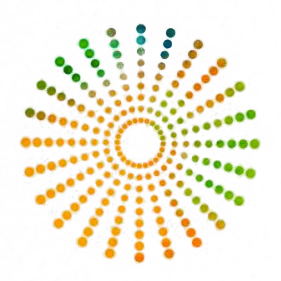Dr Raghuvir Kini
Cataract Surgery Paediatric Ophthalmology
Strabismus Neuro Ophthalmology
Amblyopia
Causes
Amblyopia develops when nerve pathways between the brain and an eye aren't properly
stimulated. The brain, in response, favours one eye. Causes include:
- Strabismus (misaligned eyes): The most common cause of amblyopia where the eyes do
not align properly. - Refractive amblyopia: Caused by unequal refractive errors in the two eyes, despite perfect
- Deprivation amblyopia: Occurs when something obstructs light from entering and being
focused in a baby's eye, such as a cataract.
Symptoms
- One eye wandering inward or outward
- Eyes that appear not to work together
- Poor depth perception
- Squinting or shutting an eye
- Head tilting
- Abnormal results in vision screening tests
Diagnosis
Dr Kini will conduct a detailed eye examination that may include:
- Testing of each eye's visual acuity
- Eye alignment checks
- An examination of the interior of the eye
- Refraction tests
Treatment Options
Treatment aims at correcting the underlying cause and encouraging the use of the weaker eye.
Options include:
- Corrective eyewear: Glasses or contact lenses can correct vision problems that are causing
amblyopia. - Patching: Covering the stronger eye with a patch to force the weaker eye to work, which
helps improve vision. - Atropine eye drops: Used to blur vision in the stronger eye, compelling the weaker eye to
function. - Surgery: Necessary only in cases of cataract or highly misaligned eyes.
Prognosis
The earlier the treatment begins, the better the chance of recovering vision. Children who
receive treatment before age 7 typically have good recovery of vision, although treatment can
still be effective in older children.
When to contact Dr Kini:
Please schedule an appointment with Dr Kini if you notice signs of amblyopia in your child such as:
- Difficulty focusing
- Eyes that do not seem to work together
- Poor depth perception or navigation difficulties
FURTHER INFORMATION AND SUPPORT
For more detailed information or specific concerns, please contact Dr Kini’s office directly. Dr Kini can provide guidance and support tailored to your child's condition.
This is intended to provide a general understanding of amblyopia. Dr Kini encourages all concerned parents to seek a personalised consultation to address the specific needs and ensure the best care for their child.
For appointments and enquiries, please phone
© 2021-2025 Dr Raghuvir Kini
